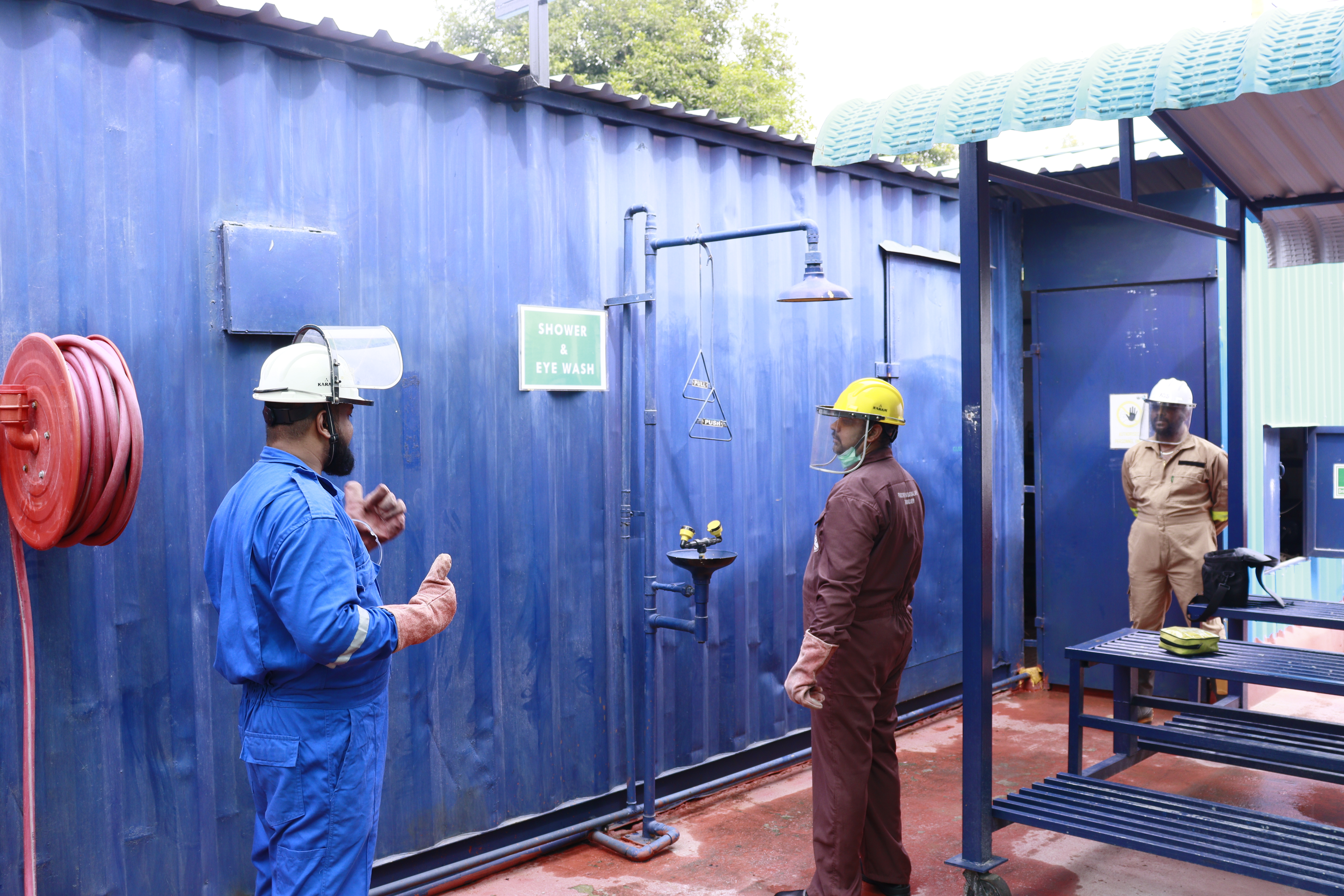
"THE UNEXPECTED LIFESAVER: TALES OF REAL OFFSHORE EMERGENCIES AND THE TRAINING THAT MADE THE DIFFERENCE."
"THE UNEXPECTED LIFESAVER: TALES OF REAL OFFSHORE EMERGENCIES AND THE TRAINING THAT MADE THE DIFFERENCE."
Abstract:
Offshore: a world of roaring machinery and relentless waves. In this demanding environment, safety isn't just a rule – it's the invisible shield protecting every worker. But what happens when that shield weakens? When a fire extinguisher sputters uselessly, or a life jacket fails to inflate when it matters most? These aren't just nightmares; they're the stark reality of what can happen when safety equipment is neglected. The PISTA Blog takes a close look at why regular inspection and maintenance of offshore safety equipment is not just a box to tick – it's the silent guardian that often makes the difference between life and death. At PISTA, we see this firsthand in the importance of diligent training.
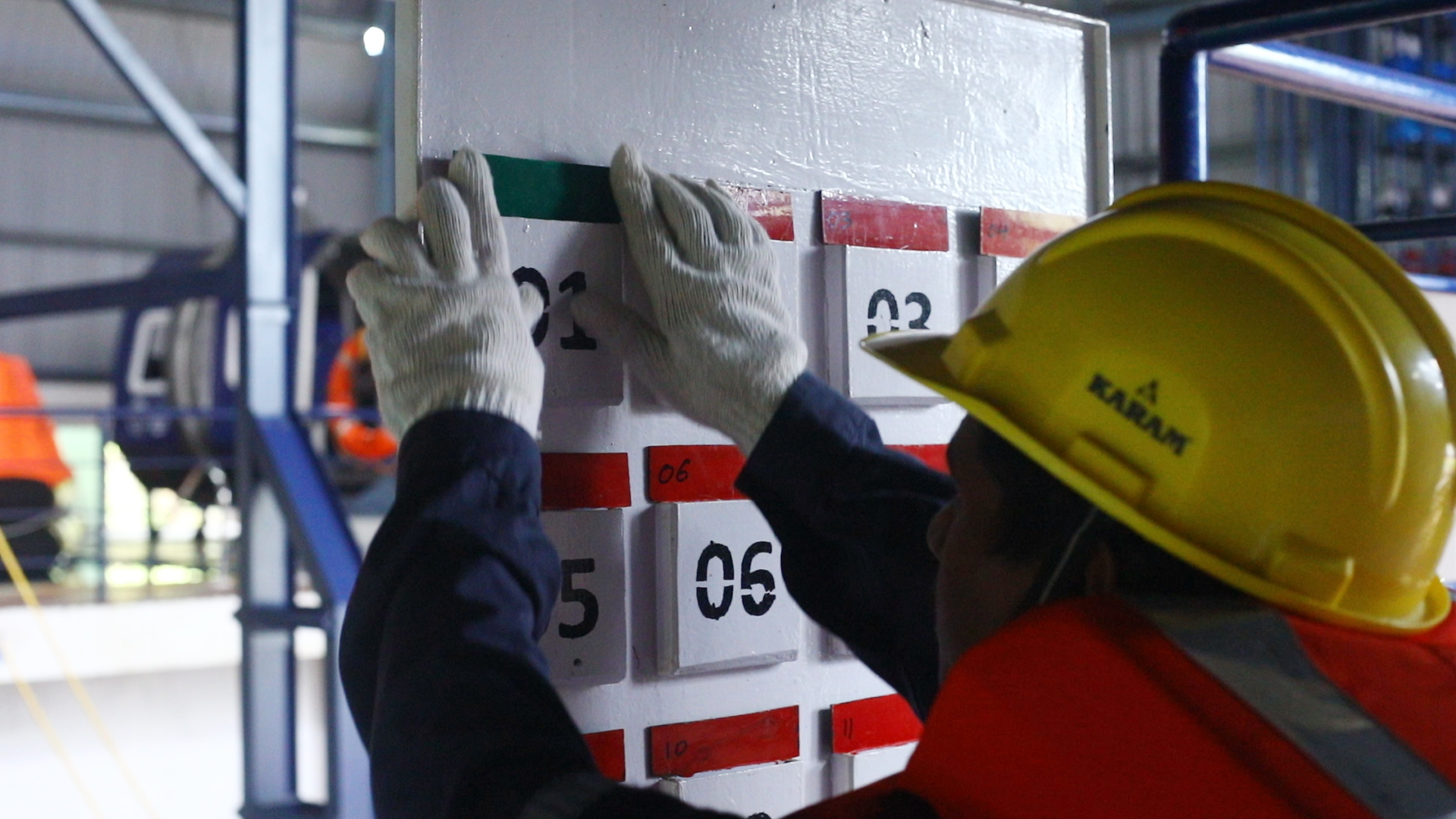
Categories of Safety Equipment:
The Essentials Offshore platforms and vessels rely on a range of critical safety equipment: Firefighting Gear: From extinguishers and hoses to complex deluge systems, this equipment is crucial for combating the ever-present risk of fire. Regular checks ensure it's ready to perform when needed. Life-Saving Appliances: Lifeboats, life rafts, and personal flotation devices are essential for emergency evacuations. Proper maintenance guarantees they function reliably in a crisis. Personal Protective Equipment (PPE): Hard hats, harnesses, and protective clothing shield workers from daily hazards. Inspection ensures PPE offers the intended level of protection.

The High Stakes: Consequences of Neglect:
Equipment Failure = Zero Chance: In an emergency, seconds can mean the difference between survival and tragedy. Faulty gear leaves workers defenceless. Accidents Waiting to Happen: Damaged or malfunctioning equipment directly increases the risk of accidents, injuries, and fatalities. Beyond Safety: Compliance Matters: Failure to adhere to maintenance regulations can result in hefty fines and legal repercussions, impacting operations.
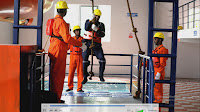
Global Framework: Regulations and Standards
SOLAS (Safety of Life at Sea): This international treaty sets comprehensive standards for life-saving and firefighting equipment on vessels and offshore structures. OPITO Guidelines: OPITO establishes industry-leading standards for safety training and competence, including crucial guidelines for equipment inspection and maintenance
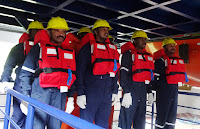
Proactive Measures: Best Practices for Reliability:
Ensuring equipment readiness requires a proactive approach: Regular Inspection Schedules: Implementing and adhering to detailed inspection schedules with checklists is essential for identifying and addressing potential issues. Preventive Maintenance: Performing routine maintenance, such as lubrication, testing, and component replacement, prevents equipment failures and extends its lifespan. Proper Storage and Handling: Storing equipment correctly and handling it with care minimizes damage and degradation, ensuring it remains in optimal condition. Competent Personnel: Training personnel in the proper use, inspection, and maintenance of safety equipment is crucial for maintaining its reliability and effectiveness.
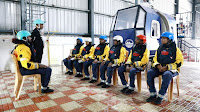
Our Collective Responsibility:
Offshore safety is a shared responsibility that demands a commitment from everyone involved. Prioritizing the thorough inspection and diligent maintenance of safety equipment is not simply a routine task; it represents a fundamental dedication to safeguarding the lives of all offshore workers and ensuring their safe return home. PISTA Blog team is proud to be part of the 1st OPITO Approved TRAINING CENTRE in Southern India where emphasis is given to safety training and creating safe workers for the Offshore Oil and Gas Industry. Since 2018, PISTA has offered OPITO-APPROVED BOSIET with EBS / TBOSIET, FOET / TFOET, HUET / THUET, TSbB, H2S, and WORK AT HEIGHTS, CONFINED SPACE ENTRY (coming soon). Remember, safety, knowledge, communication, and teamwork are essential for success in this demanding field.






